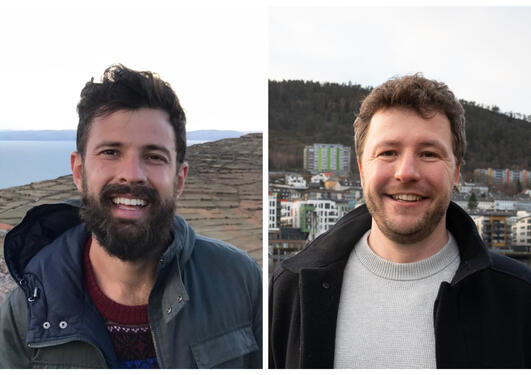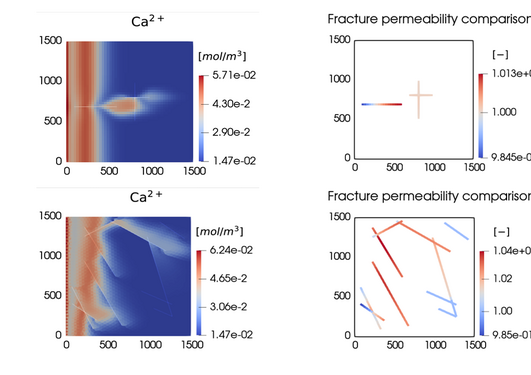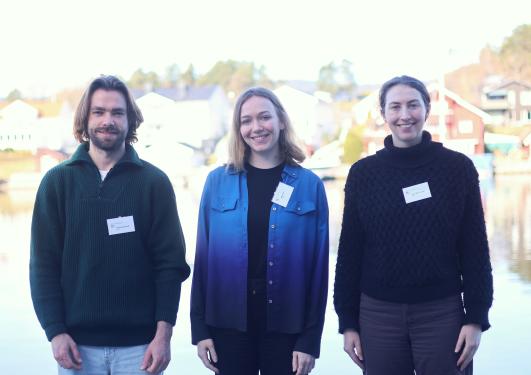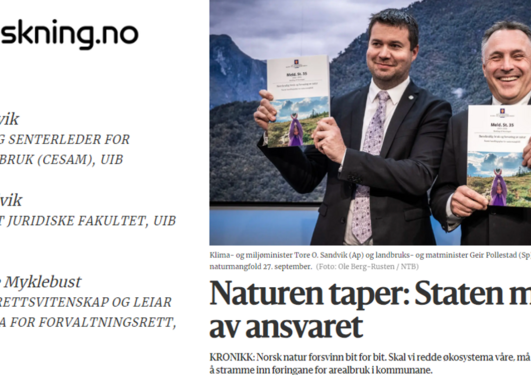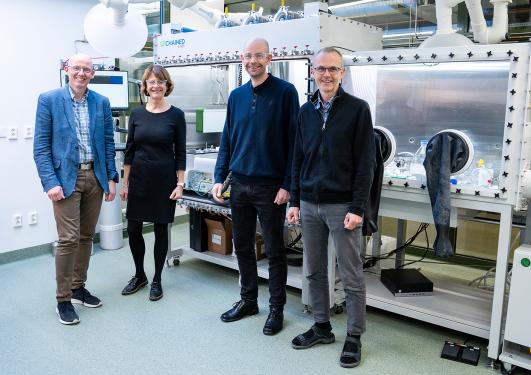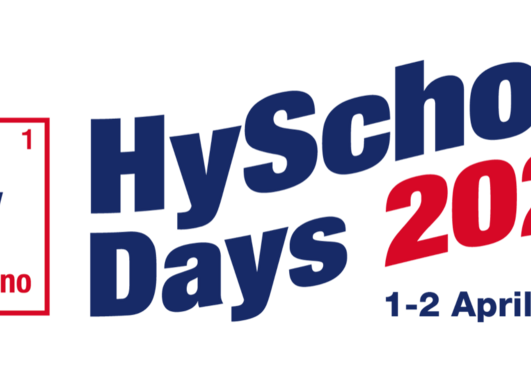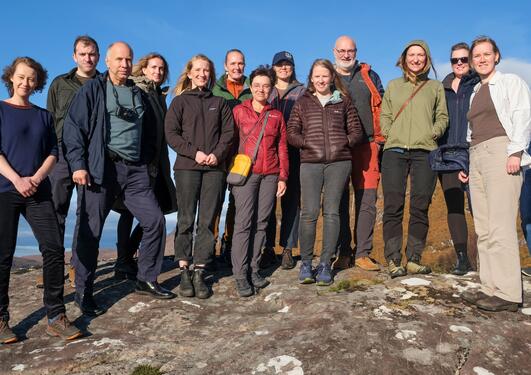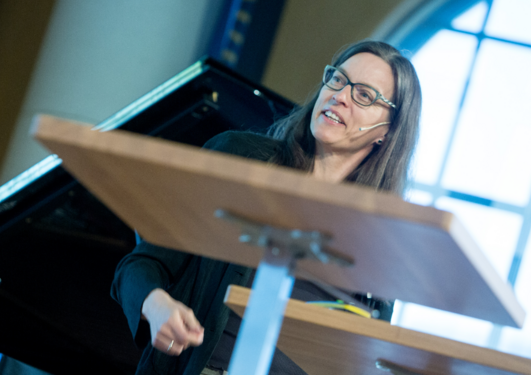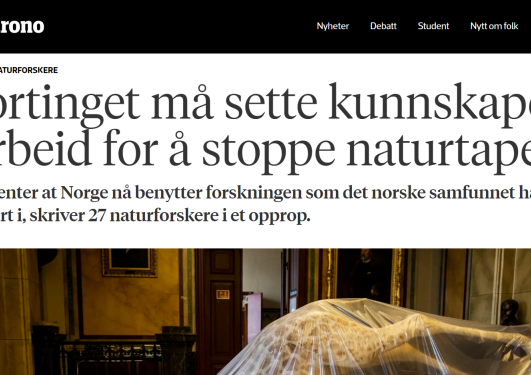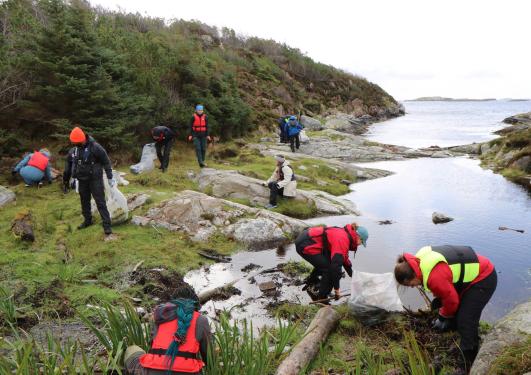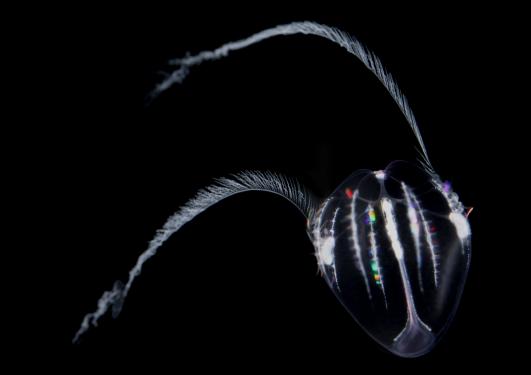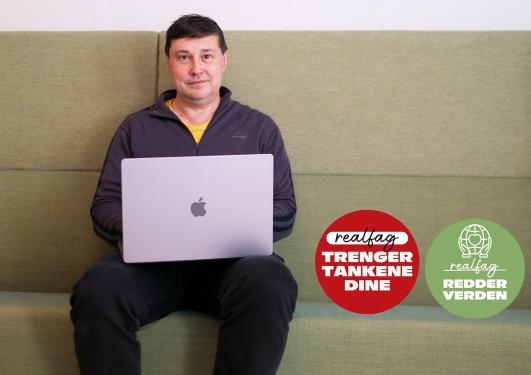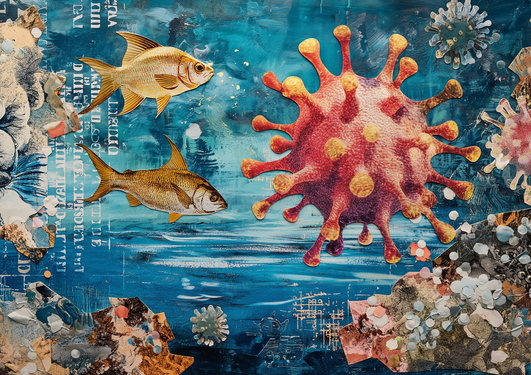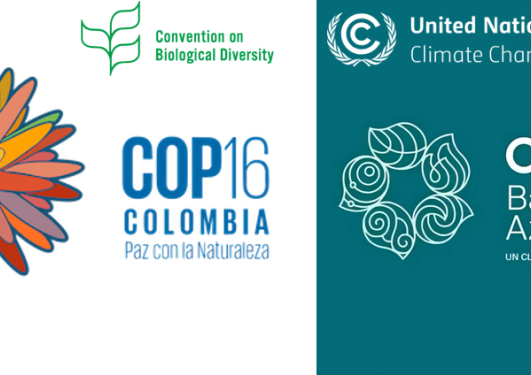News archive for Faculty of Science and Technology
Tom Langbehn and Leonardo Muniz Pichel, both from the Faculty of Science and Technology, are this year's recipients of the TMF Starting Grant. They will receive the award as part of the Trond Mohn Foundation's anniversary celebration in the University Aula on December 6th.
This paper presents a coupling between the solvers PorePy and Reaktoro to simulate reactive transport in fractured porous media
HySchool welcomes three new members of the Board for 2024–2025! They represent the admitted PhD candidates of HySchool in the board and contribute to the development of the research school.
We propose a new line search algorithm for multiphysics problems with fracture deformation that efficiently computes the weights based on the fracture states.
In this newly published op-ed, we argue that the Norwegian state must take more responsibility for protecting natural ecosystems by tightening regulations on land use in municipalities.
The Department of Chemistry receives funding from The Research Council of Norway for robotisation in chemical experimentation.
This is the web page for HySchool Days 2025, the premier networking event organised by HySchool ‒ Norwegian Research School on Hydrogen and Hydrogen-Based Fuels. USN hosted HySchool Days 2025 in Porsgrunn, on 1-2 April 2025.
After 3,5 years, the CULTIVATE project is coming to an end. During the first week of November, members of the UNESCO Chair Group met the other project partners for a final event in Edinburgh hosted by the Centre for Mountain Studies at the University of Highlands and Islands, followed by a last project meeting, and a tour of Wester Ross Biosphere Reserve.
These days, Norway's plan following the Kunming-Montreal Global Biodiversity Framework (the Norwegian Action Plan for Natural Diversity) is being discussed in the Norwegian Parliament. Our expectation of this plan was that it would not only describe the status of Norwegian nature, but also take this knowledge seriously by proposing necessary measures to slow down and reverse the loss of nature... Read more
25 prominent scientists call for knowledge-based action in this debate article, recently published in Khrono.
On the beautiful island of Milos (Greece), a recent field course offered CDeepSea students a unique opportunity to dive deep into the world of mineral deposits and hydrothermal systems. With an impressive ratio of 8 instructors to 14 students, the participants received training on a wide variety of topics relevant for minerals and mineral exploration, from economic geology and geochemistry to... Read more
Students and staff from the University of Bergen, together with long-standing partners, cleaned “Plastic Island” Lisle Lyngøy during this year’s plastic cleanup campaign.
For most animals, ageing is a one-way journey. In a recent PNAS publication, researchers Joan Soto-Angel and Pawel Burkhardt discovered that a species of comb jelly can reverse its life cycle, returning from adulthood to a larval stage.
SEAS fellows span a variety of scientific fields from geology and biology to informatics and law. Some of this variety will also be evident on Monday 28. October, with keynotes and pitches from selected SEAS fellows including topics like «Deep Learning for Smart Shipping» and «the response of macroalgae in a changing climate».
October is the national cybersecurity month in Norway. Meet associate professor Oleksandr Kholosha from the Department of Informatics, who works to protect us from digital threats.
Vincent receives a new research project from the Research Council of Norway. Congratulations to Vincent.
Join us at Statsraaden Bar & Reception as we explore the intersection between oceanic dynamics, maritime ecosystems and pandemic preparedness.
Researchers have sent a letter to the Parties and Presidents of the Conference of the Parties to the Convention on Biological Diversity (CBD; COP 16) and the United Nations Framework Convention on Climate Change (UNFCCC, COP29) asking them to initiate a much-needed coordination of the work towards the two conventions.
Pages
- February 2026 (6)
- January 2026 (6)
- December 2025 (5)
- November 2025 (1)
- October 2025 (6)
- September 2025 (6)
- August 2025 (1)
- July 2025 (3)
- June 2025 (7)
- May 2025 (7)
- April 2025 (6)
- March 2025 (10)
- February 2025 (14)
- January 2025 (4)
- December 2024 (12)
- November 2024 (8)
- October 2024 (11)
- September 2024 (11)
- August 2024 (8)
- July 2024 (10)
- June 2024 (7)
- May 2024 (14)
- April 2024 (16)
- March 2024 (7)
- February 2024 (15)
- January 2024 (6)
- December 2023 (7)
- November 2023 (19)
- October 2023 (11)
- September 2023 (13)
- August 2023 (8)
- July 2023 (3)
- June 2023 (11)
- May 2023 (7)
- April 2023 (13)
- March 2023 (10)
- February 2023 (12)
- January 2023 (19)
- December 2022 (5)
- November 2022 (25)
- October 2022 (8)
- September 2022 (8)
- August 2022 (5)
- July 2022 (5)
- June 2022 (9)
- May 2022 (6)
- April 2022 (6)
- March 2022 (7)
- February 2022 (9)
- January 2022 (6)
- December 2021 (6)
- November 2021 (3)
- October 2021 (10)
- September 2021 (5)
- August 2021 (6)
- July 2021 (3)
- June 2021 (21)
- May 2021 (11)
- April 2021 (3)
- March 2021 (6)
- February 2021 (4)
- January 2021 (3)
- December 2020 (5)
- November 2020 (2)
- October 2020 (3)
- September 2020 (4)
- August 2020 (3)
- July 2020 (2)
- June 2020 (3)
- May 2020 (3)
- April 2020 (5)
- March 2020 (1)
- February 2020 (2)
- January 2020 (3)
- December 2019 (5)
- November 2019 (4)
- October 2019 (9)
- September 2019 (3)
- August 2019 (2)
- July 2019 (3)
- June 2019 (6)
- May 2019 (8)
- April 2019 (6)
- March 2019 (7)
- February 2019 (10)
- January 2019 (10)
- December 2018 (7)
- November 2018 (6)
- October 2018 (9)
- September 2018 (4)
- August 2018 (6)
- July 2018 (1)
- June 2018 (4)
- May 2018 (5)
- April 2018 (3)
- March 2018 (4)
- February 2018 (3)
- January 2018 (3)
- December 2017 (3)
- November 2017 (7)
- October 2017 (7)
- September 2017 (3)
- August 2017 (3)
- July 2017 (3)
- June 2017 (9)
- May 2017 (3)
- April 2017 (1)
- March 2017 (4)
- February 2017 (7)
- January 2017 (5)
- December 2016 (4)
- November 2016 (4)
- October 2016 (4)
- September 2016 (7)
- August 2016 (2)
- June 2016 (3)
- May 2016 (4)
- April 2016 (4)
- March 2016 (1)
- February 2016 (5)
- January 2016 (6)
- December 2015 (6)
- November 2015 (3)
- October 2015 (2)
- September 2015 (2)
- August 2015 (1)
- July 2015 (2)
- June 2015 (3)
- May 2015 (3)
- April 2015 (2)
- March 2015 (2)
- February 2015 (3)
- January 2015 (5)
- December 2014 (3)
- November 2014 (2)
- October 2014 (6)
- September 2014 (6)
- August 2014 (1)
- July 2014 (1)
- June 2014 (1)
- May 2014 (6)
- March 2014 (6)
- February 2014 (4)
- January 2014 (3)
- December 2013 (6)
- November 2013 (3)
- October 2013 (9)
- September 2013 (4)
- August 2013 (6)
- July 2013 (1)
- June 2013 (5)
- May 2013 (6)
- April 2013 (8)
- March 2013 (2)
- February 2013 (3)
- January 2013 (5)
- December 2012 (4)
- November 2012 (3)
- October 2012 (4)
- September 2012 (5)
- August 2012 (4)
- July 2012 (2)
- June 2012 (6)
- May 2012 (2)
- March 2012 (4)
- February 2012 (2)
- January 2012 (6)
- December 2011 (3)
- November 2011 (8)
- October 2011 (6)
- September 2011 (9)
- August 2011 (2)
- July 2011 (4)
- June 2011 (7)
- May 2011 (5)
- April 2011 (5)
- March 2011 (7)
- February 2011 (7)
- January 2011 (5)
- December 2010 (2)
- November 2010 (5)
- October 2010 (5)
- September 2010 (7)
- August 2010 (2)
- June 2010 (5)
- May 2010 (4)
- April 2010 (4)
- March 2010 (5)
- February 2010 (5)
- January 2010 (9)
- December 2009 (1)
- October 2009 (6)
- September 2009 (7)
- August 2009 (5)
- July 2009 (2)
- June 2009 (6)
- May 2009 (5)
- April 2009 (1)
- March 2009 (4)
- February 2009 (2)
- January 2009 (4)
